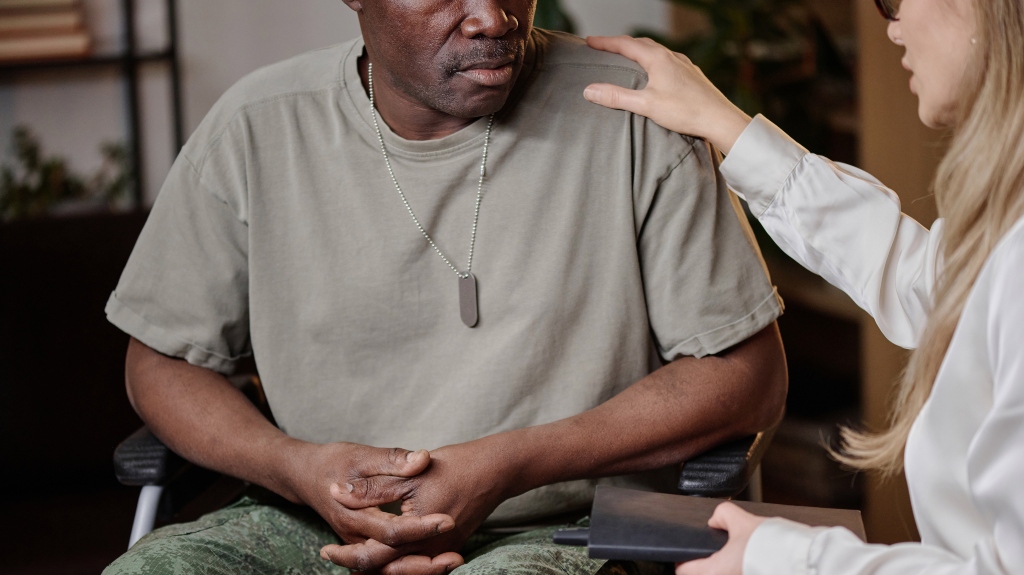Navigating the VA disability claims process can be a daunting task for many veterans. At Coskrey Law, we understand that the key to a successful VA disability claim often lies in the strength and clarity of the medical evidence presented.
Understanding the Role of Medical Evidence
Medical evidence serves as the backbone of any VA disability claim. It is the primary way to establish that a veteran’s condition is connected to their military service and to demonstrate the severity of the disability. Without strong medical evidence, the VA may find it challenging to approve a claim, regardless of the veteran’s actual health status.
Types of Medical Evidence
- Service Treatment Records (STRs)
- These records document any medical issues treated during active duty.
- They provide a direct link between the veteran’s current condition and their service.
- Private Medical Records
- Records from private healthcare providers can complement STRs.
- They can show continuous treatment and the progression of a condition after service.
- VA Medical Records
- Treatment records from VA healthcare facilities are crucial.
- They reflect ongoing treatment and assessments by VA healthcare professionals.
- Independent Medical Opinions (IMOs)
- IMOs from qualified medical experts can provide an unbiased evaluation.
- These opinions can clarify complex medical issues and strengthen a claim.
How to Gather Strong Medical Evidence
- Be Thorough and Detailed
- Ensure that all relevant medical records are collected.
- Include detailed notes about symptoms, treatments, and diagnoses.
- Seek Consistent Medical Care
- Regularly visit healthcare providers to document ongoing issues.
- Consistent treatment records can demonstrate the persistence and severity of a condition.
- Obtain Nexus Letters
- A nexus letter from a medical professional explicitly links a condition to military service.
- It should explain how the condition is connected to service and support the claim with medical reasoning.
- Use Buddy Statements
- Statements from fellow service members can corroborate in-service events or injuries.
- While not medical evidence per se, they can support medical records by providing context.
Common Challenges with Medical Evidence
- Incomplete Records
- Missing or incomplete medical records can weaken a claim.
- Ensure that all relevant documents are included and thoroughly reviewed.
- Inconsistent Documentation
- Discrepancies in medical records can raise questions about the validity of a claim.
- Consistent and accurate documentation across all medical records is crucial.
- Insufficient Detail
- Vague or non-specific medical records may fail to establish the severity of a condition.
- Detailed descriptions of symptoms, treatments, and impacts on daily life are essential.
How Coskrey Law Can Help
At Coskrey Law, we specialize in assisting veterans with their VA disability claims. Our Attorney Ryan Coskrey can help you gather and present the necessary medical evidence to support your claim. We understand the intricacies of the VA system and are committed to ensuring that your claim is as strong as possible.
Medical evidence is the cornerstone of a successful VA disability claim. By ensuring that your medical records are thorough, consistent, and detailed, you significantly increase the chances of a favorable outcome. If you need assistance with your claim or gathering the right medical evidence, Coskrey Law is here to help. Contact us today to learn more about how we can support you through the VA disability claims process.
Feel free to reach out to us at Coskrey Law for a consultation and let us help you navigate the complexities of VA disability claims with confidence and expertise.


